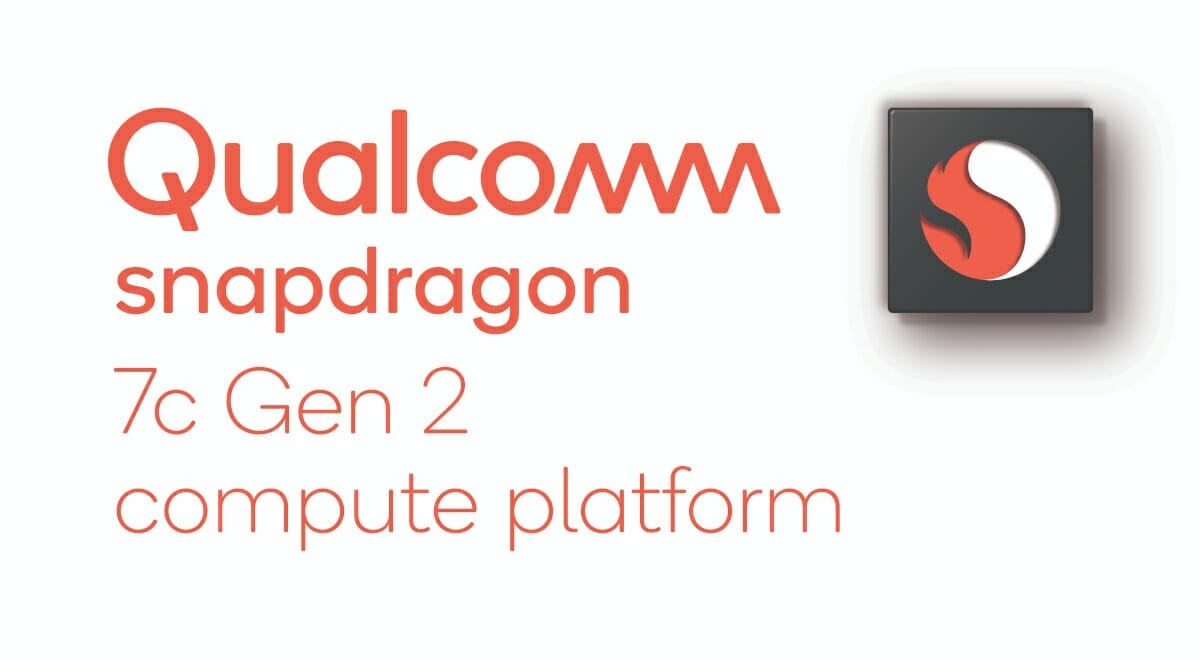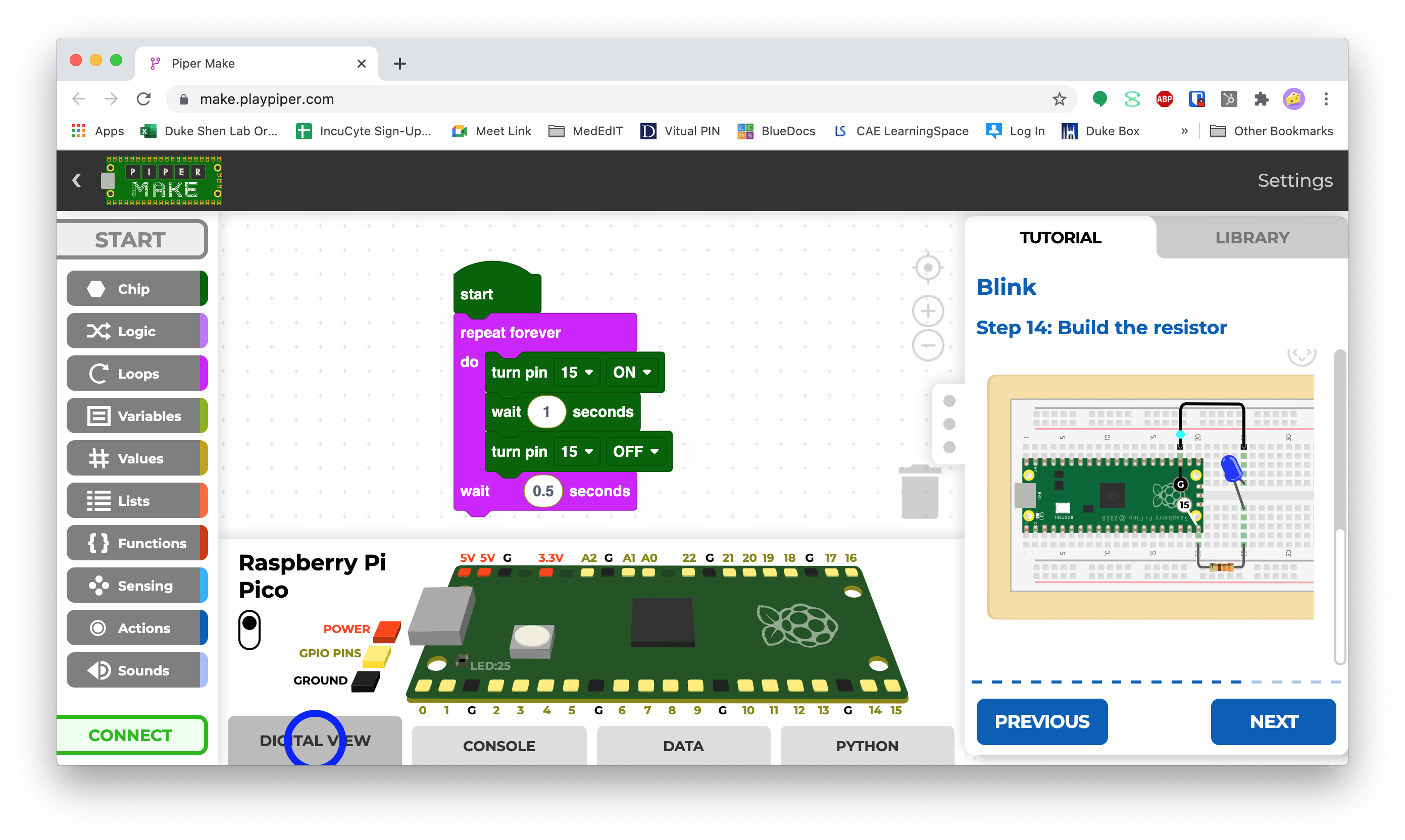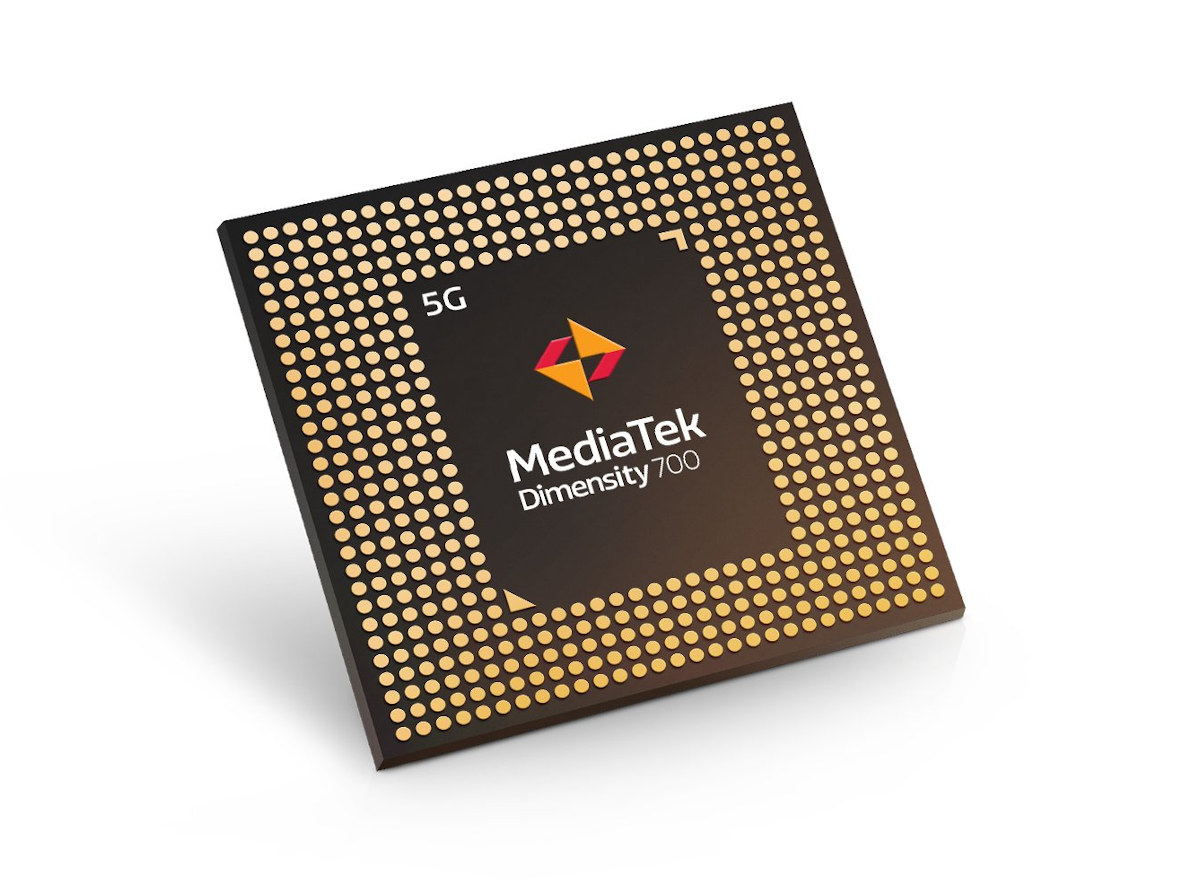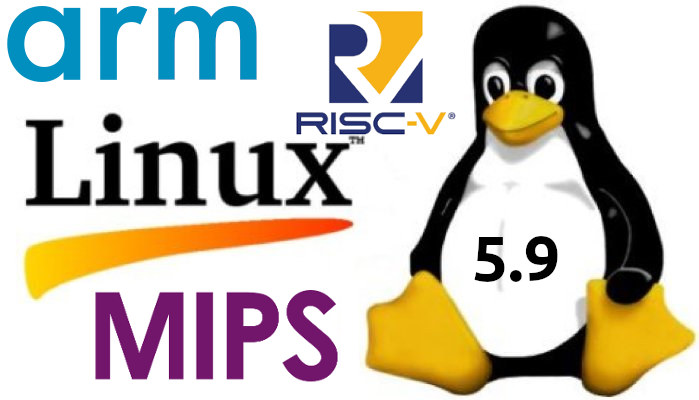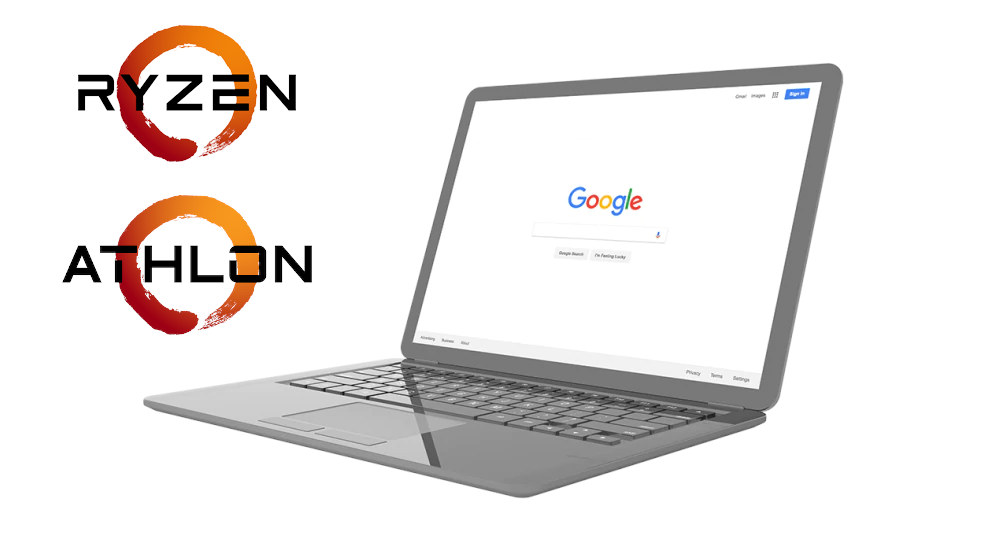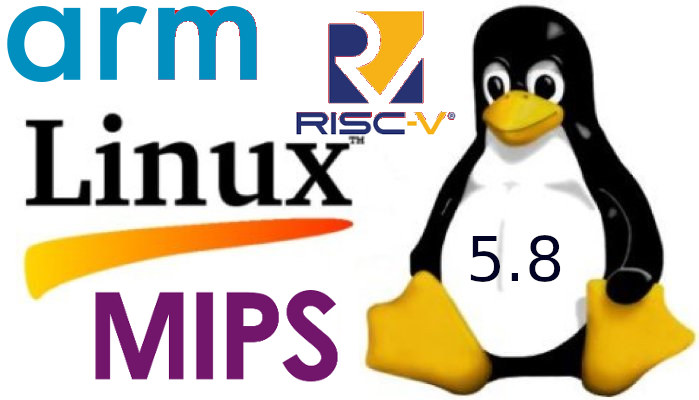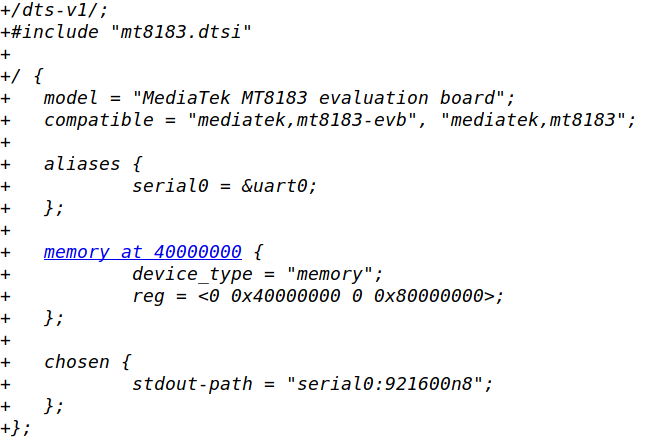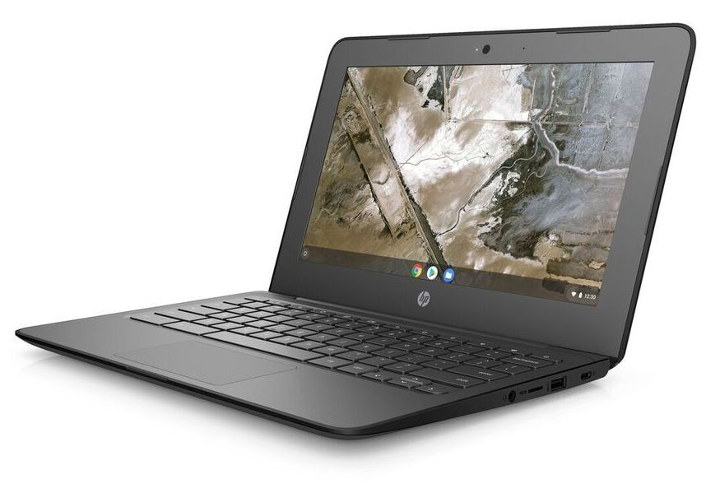Qualcomm’s Snapdragon 7c Gen 2 SoC for entry-level laptops and Chromebooks follows the steps of the Snapdragon 7c processor with a slightly higher frequency for the Kryo 468 cores, leading to a 6% performance improvements. As we’ll see below, most of the specifications are exactly the same, except the built-in Snapdragon X15 LTE modem is now listed as supporting LTE Cat 14 up to 600 Mbps, instead of LTE Cat 15 up to 800 Mbps, and UFS downgraded to UFS 2.1 from UFS 3.0. Snapdragon 7c Gen 2 specifications: CPU – Octa-core Kryo 468 (Cortex-A76) processor up to 2.55 GHz GPU – Unnamed Qualcomm Adreno GPU (Note: Snapdragon 7c had Qualcomm Adreno 618 GPU) DSP – Qualcomm Hexagon 692 DSP Memory – 2x 16-bit LPDDR4x-4266 Storage – eMMC 5.1, UFS 2.1 Display On-device display up to QXGA (2048 x 1536) @ 60 Hz External display up to QHD (2560×1440) @ […]
Piper Make: First Drag-and-Drop Coding Platform for Raspberry Pi Pico
In 2019 we saw Piper’s Computer Kit 2, which was a DIY Raspberry Pi 3 Computer for educational purposes. The kit was for kids to educate them on building their own computers and the basics of programming in electronics. This year the company has come up with another educational platform. Meet Piper Make. The newly launched Raspberry Pi Pico is capable of a wide range of applications but directly working on the development board for exploring these applications could be difficult for beginners. Additionally, prototyping a project or an application before implementing it is an ideal way for starting. Hence. Piper has launched its first drag-and-drop coding platform for the Raspberry Pi Pico which allows hands-on prototyping for the users. Piper Make platform has an interface that supports Chromebooks and other computers, thus making it flexible for users. It is free for users to explore hands-on with the Raspberry Pi […]
MediaTek unveils Dimensity 700 5G processor, MT8192 & MT8195 SoCs for Chromebooks
MediaTek announced three new 6nm and 7nm processors yesterday with Dimensity 700 5G processor for mainstream 5G mobile phones, and MT8192 & MT8195 SoCs for Chromebooks. MediaTek Dimensity 700 Key features and specifications with highlights showing differences against Dimensity 720: Octa-core Processor – 2x Arm Cortex-A76 @ up to 2.2 GHz, and 6x Arm Cortex-A55 @ up to 2GHz GPU – Arm Mali-G57 MC2 @ up to 950 MHz AI Accelerator – MediaTek APU System Memory – Up to 12GB LPDDR4x up to 2133MHz Storage – UFS 2.2 Display – Up to 2520 x 1080 resolution with 90Hz max refresh rate Camera ISP up to 16MP+16MP @ 30 fps dual camera, or 64MP @ 22 fps single camera Video Capture Resolution up to 3840 x 2160 Features – HDR-ISP, Multi-Frame NR, 3D Noise Reduction, Depth Engine, Warping Engine, AI-FD Video Encoding – H.264, H.265 / HEVC up to 2Kp30 Playback – […]
Linux 5.9 Release – Main Changes, Arm, MIPS & RISC-V Architectures
Linus Torvalds has just announced the release of Linux 5.9 on lkml: Ok, so I’ll be honest – I had hoped for quite a bit fewer changes this last week, but at the same time there doesn’t really seem to be anything particularly scary in here. It’s just more commits and more lines changed than I would have wished for. The bulk of this is the networking fixes that I already mentioned as being pending in the rc8 release notes last weekend. In fact, about half the patch (and probably more of the number of commits) is from the networking stuff (both drivers and elsewhere). Outside of that, the most visible thing is a reinstatement of the fbdev amba-clcd driver – that’s a noticeable patch, but it’s basically just mainly a revert. The rest is really really tiny (mostly some other minor driver updates, but some filesystem and architecture fixes […]
AMD Launches Chromebook-Optimized Ryzen and Athlon 3000 C-Series Mobile Processors
After unveiling Athlon 3000-series of 15W mobile processors earlier this year, AMD has now announced Chromebook-optimized mobile processors with AMD Ryzen and Athlon 3000 C-Series family. Designed in collaboration with Google, the new AMD mobile “Zen” processors deliver up to 178% faster web browsing and 212% better performance for multitasking and content creation compare to the previous generation AMD A6-9220C powered Chromebooks. There are currently five 15W Ryzen/Athlon 3000 C-Series processors for Chromebooks. All processors are manufactured with a 12nm CMOS processor and look to be based on existing AMD U-series processors namely AMD Ryzen 7 3700U, 5 3500U, Ryzen 3 3250U, Athlon Gold 3150U, and Athlon Silver 3050U. All basic parameters are the same on AMD Chromebook-optimized processors, and it’s unclear to me what the differences are exactly. AMD also reported other performance metrics around with AMD Ryzen 7 3700C Mobile Processor offering up to 251% better graphics performance, […]
Linux 5.8 Release – Main Changes, Arm, MIPS, and RISC-V Architectures
Linus Torvalds has just released Linux 5.8: So I considered making an rc8 all the way to the last minute, but decided it’s not just worth waiting another week when there aren’t any big looming worries around. Because despite the merge window having been very large, there really hasn’t been anything scary going on in the release candidates. Yeah, we had some annoying noise with header file dependencies this week, but that’s not a new annoyance, and it’s also not the kind of subtle bug that keeps me up at night worrying about it. It did reinforce how nice it would be if we had some kind of tooling support to break nasty header file dependencies automatically, but if wishes were horses.. Maybe some day we’ll have some kind of SAT-solver for symbol dependencies that can handle all our different architectures and configurations, but right now it’s just a manual […]
MediaTek MT8183 Octa-core Cortex A73/A53 SoC Targets Chromebooks
MediaTek processors have been found in a few Chromebooks notably in MediaTek MT8173 powered Acer Chromebook R13, but the quad-core Cortex A72/A53 processor hasn’t made it into many models like the hexa-core Rockchip RK3399 “OP1” processor. However, I’ve been informed there are a few patchsets that have been submitted to mainline Linux and V4L2 mailing lists about MediaTek MT8183 octa-core Cortex A73/A53 processor. The latter adds a Digital Image Processing (DIP) driver on MediaTek MT8183 SoC, “which will be used in camera features on CrOS application” and some code related to MT8183 is found in Chromium OS repository, so those clues should confirm the octa-core processor will end up in Chromebooks, with the current MT8183 reference board being named Kukui. There aren’t any product pages for MT8183 on MediaTek website just yet, but by looking at the source code (e.g. Device tree file), and some clues around the web, we […]
HP Chromebook 11A G6 EE is Powered by AMD A4-9120C 6W Processor
AMD recently introduced the “new” AMD A6-9220C & A4-9120C low power processors specifically designed for Chromebooks. As pointed by CNX Software readers, AMD A6-9220 & A4-9120 processors (no “C”) have been around since 2016, and the just announced “C” (Chromebook) versions appears to be the same processors but with lower clock speed to meet the 6W TDP requirement. Two Chromebooks based on the new AMD processors – HP Chromebook 14 and Acer Chromebook 315 – were also showcased at CES 2019, and the former is now sold for $269.99. HP has already announced another AMD Chromebook with a smaller 11.6″ display: HP Chromebook 11A G6 EE (Education Edition). This model is expected to launch in February with the following specifications: SoC – AMD A4-9120C dual core processor @ 1.6 GHz / 2.4 GHz (Boost frequency), Radeon R4 graphics with 3 GPU Cores System Memory – 4GB of RAM Storage – […]


